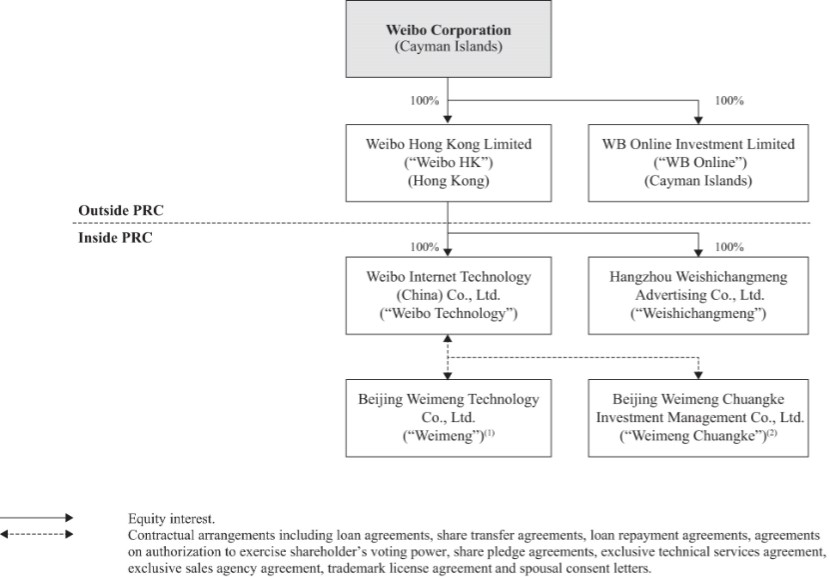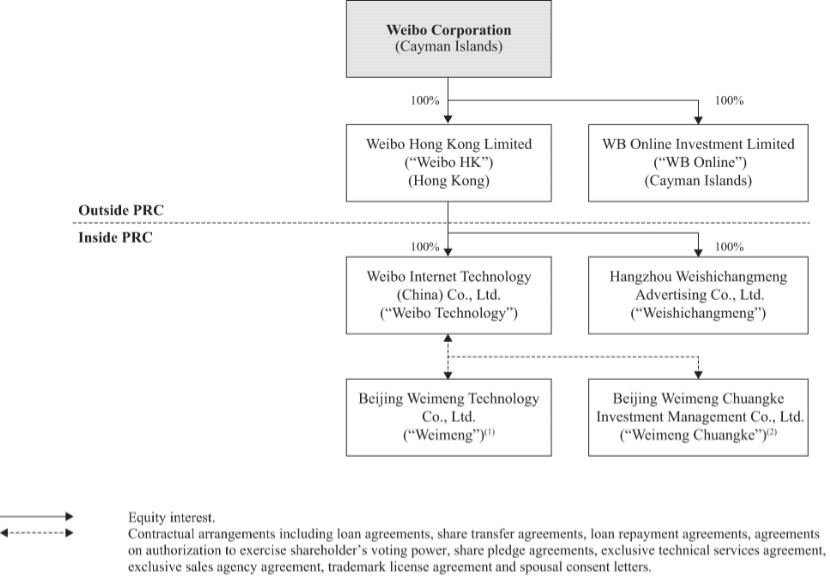On October 26, 2021, the CAC issued draft Administrative Provisions on the Account Names of Internet Users, revising the Account Names Provisions. This draft provides that when registering an internet account, the user shall execute an agreement with the Internet user account services platform, provide authentic identity information, and obey the rules of the platform. Internet user account service platforms shall establish, improve and strictly implement, among others, account name information management system, information content security system, and personal information protection system. Internet user account service platforms should also establish protocols to ensure authenticity of account and user identity information. When an Internet user account is in violation of the provisions of this draft, the Internet user account service platform shall suspend the service and inform the user to correct the issue within a limited time frame; and if the user refuses to correct it, the account shall be closed.
On August 25, 2017, the CAC promulgated the Administrative Provisions on Internet Follow-up Comment Services, which was amended on November 16, 2022 with effect from December 15, 2022. It provides that services related to following-up on or responding to online comments must also strictly verify the identification information of registered users, establish and improve a user personal information protection system, establish and improve an Internet follow-up comment review and administration system for real-time monitoring of user comments, and emergency responses, among other things.
On August 25, 2017, the CAC promulgated the Administrative Provisions on Internet Forum and Community Services, which became effective as of October 1, 2017. It provides that Internet forum and community service providers must assume primary responsibility for establishing and improving real-time information verification, emergency response capabilities, and personal information protections as well as other information security administration systems to institute preventative safety measures with employed professionals and necessary technical support for performing these duties.
On September 7, 2017, the CAC promulgated the Provisions on the Administration of Information Services Provided through Chat Groups on the Internet, which became effective as of October 8, 2017. It requires that providers verify the identification information of users of information services through Internet chat groups and take necessary measures to protect user safety and personal information.
On September 7, 2017, the CAC promulgated the Administrative Provisions on the Information Services Provided through Official Accounts of Internet Users, as amended on January 22, 2021 and became effective on February 22, 2021. Pursuant to the amended provisions, official accounts, or public accounts on certain social media, refer to subscription accounts created and run by users of internet platforms to distribute information to the public. These platforms are required to establish and improve a management system for user registration, information content security, content ecology, data security, personal information protection, intellectual property protection and credit assessment, and a monitoring and evaluation mechanism for public accounts, to prevent fraud such as false account subscriptions and interaction counts. Platforms shall also establish and disclose management rules and platform codes with respect to information content production and public account operation, both of which shall be filed with the local cyberspace administrator. The amended provisions also require platforms to verify the consistency of user information on the platform with the user’s real identity and prohibit the operators of public accounts from illegally transferring those accounts to others. Furthermore, platform shall establish and improve mechanisms to deal with online rumors and other false information. When cooperating with an account operator, platforms shall regulate and manage business acts such as e-commerce sales, advertisement publishing, user reward, etc. In addition, platform operators are obligated to prevent false advertisements and commercial fraud from occurring on their platforms.
On December 15, 2019, the CAC promulgated the Regulations on the Ecological Governance of Network Information Content, effective from March 1, 2020, which specify the content scopes that are encouraged, prohibited or prevented from producing, re-producing and publishing. The network information content producers should take measures to prevent and resist the production of content that, among others, uses exaggerated titles that are inconsistent with the content, may incite racism or discrimination against geographic region, and propagates gossip and scandals. The network information content service platforms should fulfill the main responsibility of content management and establish an ecological governance mechanism of the network information, improve system for user registration, account management, information publishing review, emergency response, and etc. The network information content service users, network information content producers and network information content service platforms should not, through manual or technical means, carry out acts, such as traffic falsification, traffic hijacking, false registration of account IDs, illegal trading of account IDs, or manipulation of user account IDs, that destroy network ecology.
The CAC launched a “Fan Group Chaos Rectification” special action on June 15, 2021, followed by the issuance of the Notice on Further Strengthening the Management of Chaos in Fan Groups on August 25, 2021. Both of the special action and notice are intended to rectify chaos in online fan groups for celebrities, specifically, in various fans interactive features and functions to curb attacks, stigmatization, fans community fiction and hostilities and the spread of other harmful information. This notice requested, among other things, the cancellation of all rankings of celebrities. The rankings of music, film and television works are still allowed, but the network platforms should optimize and adjust ranking rules to focus on the art works themselves and professional evaluation. Furthermore, minors are not allowed to make virtual gifting or spending money on supporting idols, or act as the organizer or manager of a fan group.

 ” “
” “ ” and “
” and “ ” trademarks.
” trademarks. ” and “
” and “ ” are registered trademarks of SINA’s subsidiaries in China and are exclusively licensed to us for use.
” are registered trademarks of SINA’s subsidiaries in China and are exclusively licensed to us for use.
 ”, “
”, “ ” and “
” and “ ”, and a non-exclusive license of certain other intellectual property owned by SINA to make, sell, offer to sell and distribute products, services and applications on a microblogging and social networking platform. We grant SINA and its affiliates a non-exclusive, perpetual, worldwide, non-sublicensable, non-transferable limited license of certain of our intellectual property to use, reproduce, modify, prepare derivative works of, perform, display or otherwise exploit such intellectual property. This agreement commenced on April 29, 2013 and will continue in effect unless and until terminated as provided in the agreement.
”, and a non-exclusive license of certain other intellectual property owned by SINA to make, sell, offer to sell and distribute products, services and applications on a microblogging and social networking platform. We grant SINA and its affiliates a non-exclusive, perpetual, worldwide, non-sublicensable, non-transferable limited license of certain of our intellectual property to use, reproduce, modify, prepare derivative works of, perform, display or otherwise exploit such intellectual property. This agreement commenced on April 29, 2013 and will continue in effect unless and until terminated as provided in the agreement.